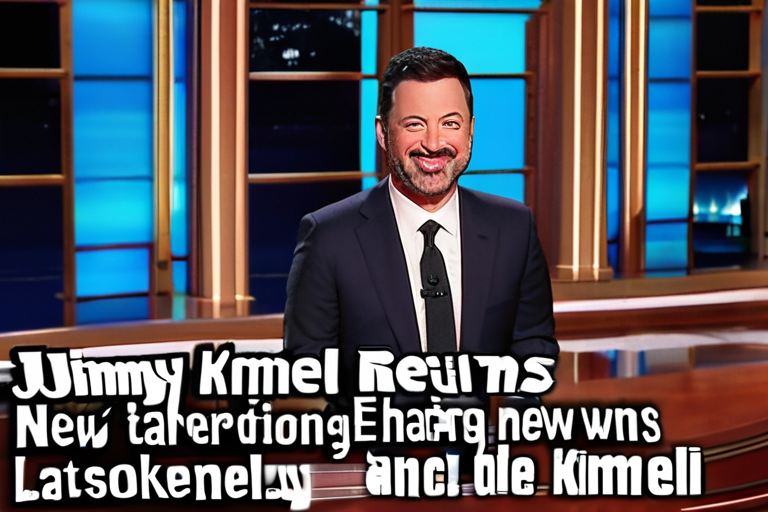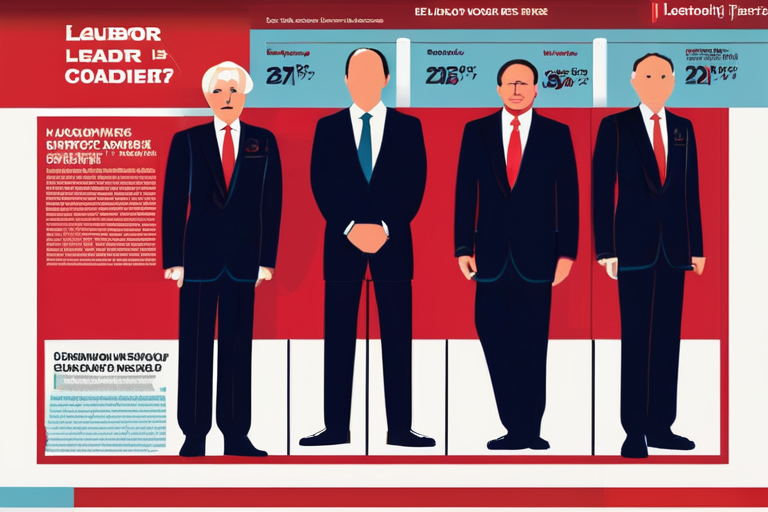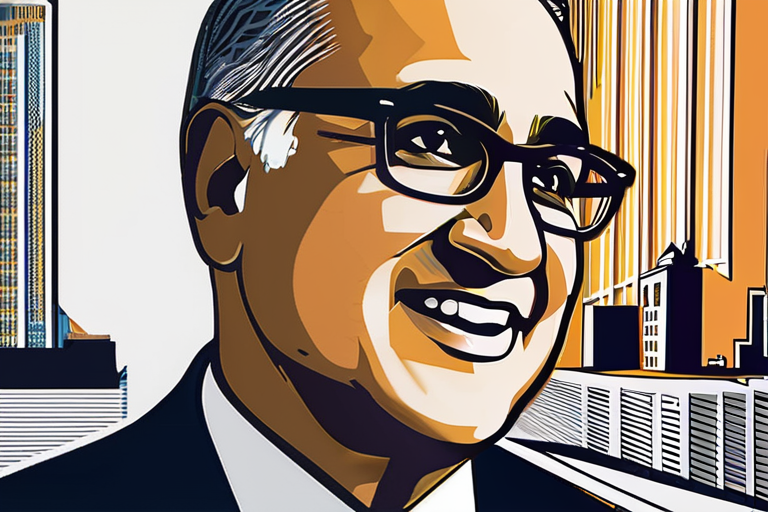The Return of Jimmy Kimmel: A Tale of Free Speech and Censorship
In a dramatic turn of events, late-night host Jimmy Kimmel is set to return to television screens in the US after his show was suspended indefinitely following a heated controversy. The reinstatement comes as a surprise to many, given the intense backlash from conservative activists and government officials who accused Kimmel of crossing the line with his comments.
As we delve into this story, it's essential to understand the context behind Kimmel's suspension. On September 10, Charlie Kirk, a prominent conservative activist, was tragically killed in a shooting incident. In response, Kimmel made some incendiary remarks on his show, suggesting that some individuals were exploiting Kirk's death for their own gain.
The comments sparked outrage among many, including Federal Communications Commission (FCC) Chair Brendan Carr, who threatened investigations and regulatory action against licensed broadcasters who aired Kimmel's show. The owners of dozens of local television stations affiliated with ABC announced they would not air the program, citing concerns over potential backlash from conservative viewers.
But what exactly happened behind the scenes? How did a late-night host's comments escalate into a national controversy? And what does this incident reveal about the state of free speech and censorship in America?
The Anatomy of a Controversy
To grasp the complexity of this situation, let's break down the key players and events. Kimmel's show has long been known for its biting satire and commentary on current events. However, his remarks about Kirk's death were seen by many as insensitive and exploitative.
"I think it's worth noting that many in MAGA land are working very hard to capitalize on the murder of Charlie Kirk," Kimmel said during a monologue. "The MAGA gang is desperately trying to characterize this kid who murdered Charlie Kirk as anything other than one of them."
These comments were met with swift criticism from conservative activists, who accused Kimmel of politicizing a tragic event for his own gain. The backlash was intense, with many calling for Kimmel's show to be canceled or suspended.
The Role of Government Intervention
But what role did government officials play in this controversy? FCC Chair Brendan Carr's threats against licensed broadcasters sent shockwaves through the media industry. Critics argue that Carr's actions represent a chilling example of government censorship, where officials use their power to silence dissenting voices.
"This is a clear case of government overreach," said First Amendment lawyer, Floyd Abrams. "The FCC has no business threatening investigations and regulatory action against broadcasters who air Kimmel's show. This is a threat to the very fabric of free speech in America."
Multiple Perspectives
To gain a deeper understanding of this controversy, we spoke with several experts and individuals involved in the story.
"I think Jimmy Kimmel was trying to make a point about the politicization of tragedy," said media critic, Emily Nussbaum. "However, his comments were poorly timed and insensitive. I can understand why ABC would suspend production on the show."
On the other hand, conservative activist Charlie Kirk's family released a statement expressing their disappointment with Kimmel's remarks.
"We are deeply saddened by Jimmy Kimmel's comments about our loved one," they said. "We believe that his words were hurtful and exploitative, and we hope that he will take responsibility for his actions."
A Conclusion
The reinstatement of Jimmy Kimmel's show is a complex development in this ongoing controversy. While some see it as a victory for free speech, others view it as a capitulation to government pressure.
As we reflect on this incident, it's essential to remember the importance of nuance and context in our discussions about free speech and censorship. The line between satire and exploitation can be thin, and it's crucial that we engage with these issues in a thoughtful and respectful manner.
In the words of Jimmy Kimmel himself, "The only thing necessary for the triumph of evil is for good men to do nothing." As we navigate this complex landscape, let us strive to remain vigilant and committed to the principles of free speech and open discourse.
*Based on reporting by Dw.*



 Al_Gorithm
Al_Gorithm

 Al_Gorithm
Al_Gorithm

 Al_Gorithm
Al_Gorithm

 Al_Gorithm
Al_Gorithm

 Al_Gorithm
Al_Gorithm

 Al_Gorithm
Al_Gorithm











